Publications
Articles, publications, books, tools and multimedia features from the U.S. Institute of Peace provide the latest news, analysis, research findings, practitioner guides and reports, all related to the conflict zones and issues that are at the center of the Institute’s work to prevent and reduce violent conflict.
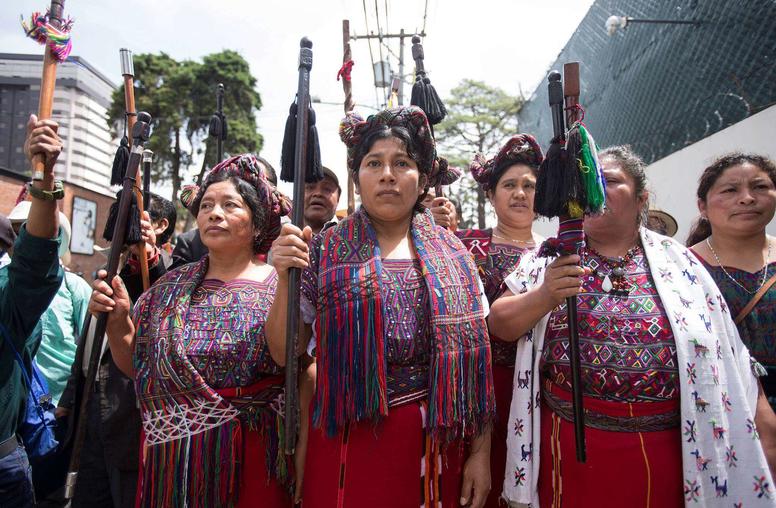
Curbing Corruption after Conflict: Anticorruption Mobilization in Guatemala (Spanish)
Este informe analiza la lucha contra la corrupción en Guatemala llevada a cabo por movimientos sociales en los últimos cinco años, y se hace foco en sus principales éxitos y desafíos al trabajar para avanzar la transparencia, la responsabilidad y la buena gobernanza. Las lecciones aprendidas de los esfuerzos de los movimientos sociales para lograr un cambio positivo en Guatemala pueden aplicarse a otros movimientos del mundo que se encuentran en contextos similares. Las lecciones también tienen mayor relevancia para los actores internacionales que ayudan a los estados a reconstruir la paz y la gobernanza democrática luego de un conflicto violento prolongado.
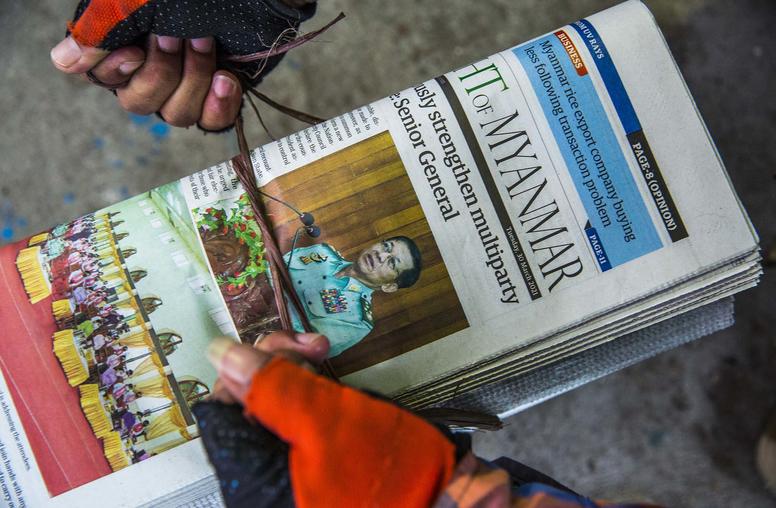
Myanmar: China, the Coup and the Future
In making major deals with Myanmar’s military rulers, China seems to be violating its official guidance for investment abroad: Avoid conflict zones. Although Myanmar is in a state of collapse and widening rebellion, China continues to advance plans for a complex economic corridor in the country with the military unveiling steps to move ahead with big joint-venture projects. The generals’ bid to appear in control of things is obvious. China, on the other hand, seems to have fallen into a trap. Cozying up to the junta puts its investments at immediate and long-term risk and erodes its standing in regional organizations. To protect its interests, Beijing should press the junta to curb its rampant violence against the population and to restore the elected government.

Sarhang Hamasaeed on Iraq’s Progress and Problems
With pivotal elections scheduled for October, USIP’s Sarhang Hamasaeed says Iraqis “want democracy, they’re fighting for it with their lives.” Meanwhile, Iraq is still grappling with simmering discontent among many citizens and the destabilizing role of foreign powers.
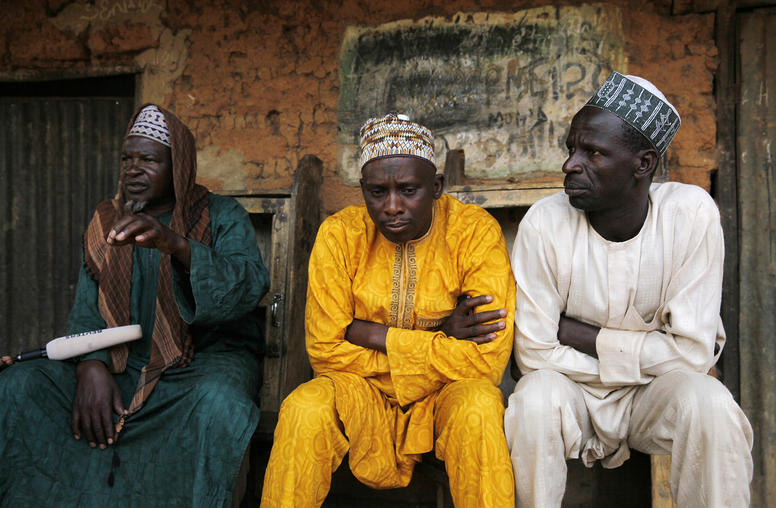
Nigeria’s State Peacebuilding Institutions: Early Success and Continuing Challenges
Three states in Nigeria's conflict-prone Middle Belt—Plateau, Kaduna, and Adamawa—have established peace institutions in recent years. Although the young agencies have made strides toward organizing improved initiatives to quell religious, ethnic, and farmer-herder conflicts in the region, all three face daunting funding and structural challenges. This report provides recommendations for increasing the agencies’ financial stability and organizational independence, helping them build peace in their own states and serve as a model for other states to launch their own peace institutes.
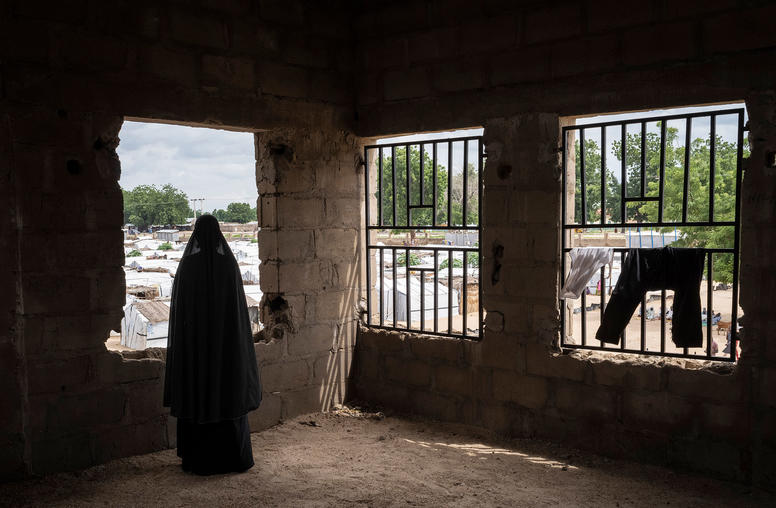
How to calm violent crises? Nigeria has an idea.
If U.S. and international policymakers hope to see Africa stabilize amid the world’s crises of violence, record human displacement and the COVID pandemic, Nigeria must be center stage. This demographic giant, home to one in five sub-Saharan Africans, now faces a perfect storm of violent conflicts that pose an existential challenge. Yet Nigeria also offers its own solutions for stabilization—including a low-cost innovation worthy of international support: peacebuilding agencies operated by governments in three of the country’s 36 states. This timely model offers localized approaches to the roots of violence and is relevant to nations worldwide.
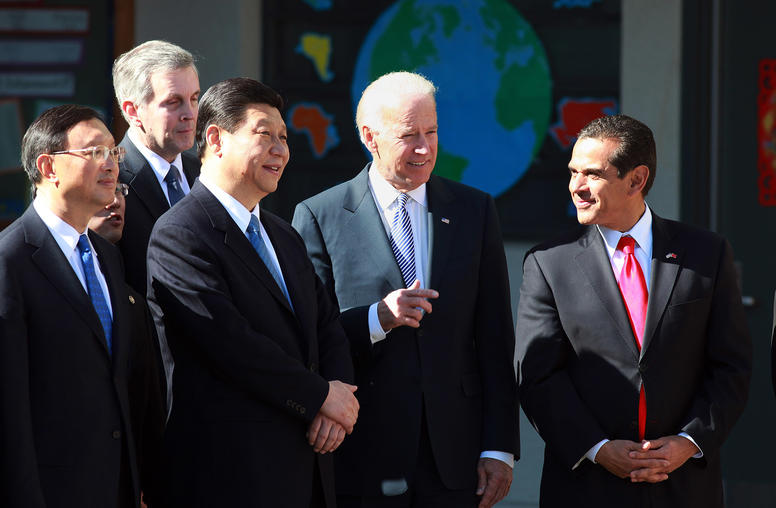
Washington’s Allies and Partners Weigh in on U.S.-China Competition
The Biden administration has adopted an overarching strategy of renewing relations with allies and partners to counter China where necessary, while also cooperating with Beijing when it is in the United States’ interest to so. As competition between Washington and Beijing heats up, however, avenues to resolve conflicts peacefully between the two major powers remain limited. A recent USIP report brought together U.S. and Chinese authors to offer recommendations on how the two powers can enhance strategic stability. But how do U.S. allies and partners factor in and what steps would they like Washington and Beijing to take to prevent conflict and manage crises?
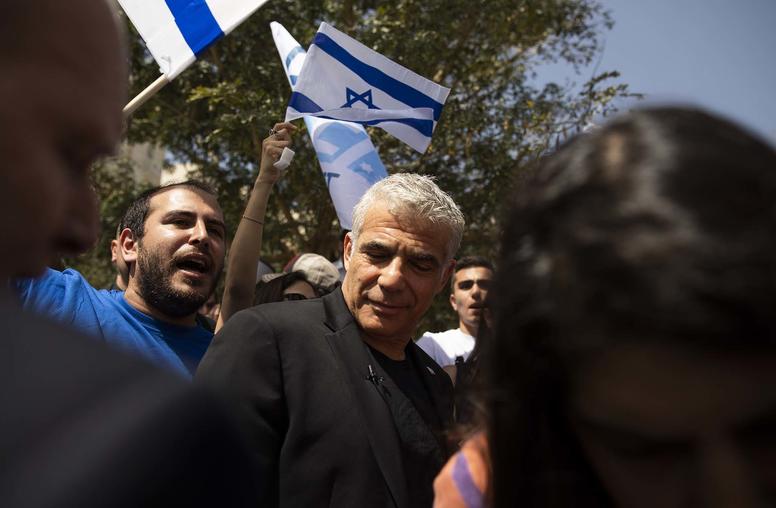
Can Israel’s New Coalition ‘Change’ the Israeli-Palestinian Conflict?
With minutes to spare before his mandate to form a coalition expired, Yair Lapid, the leader of Israel’s center-left Yesh Atid party, announced that he had formed a governing bloc. This announcement could usher in an Israeli government that, for the first time in 12 years, is not led by Benjamin Netanyahu. The down-to-the-wire negotiations befit the prior two years of Israeli political drama — with four elections held since April 2019. While this potentially portends a new, post-Netanyahu chapter in Israeli politics, it is unlikely that the ideologically disparate coalition cobbled together by Lapid —with Naftali Bennet, a hard-right politician, at its helm — will yield significant progress toward peace.
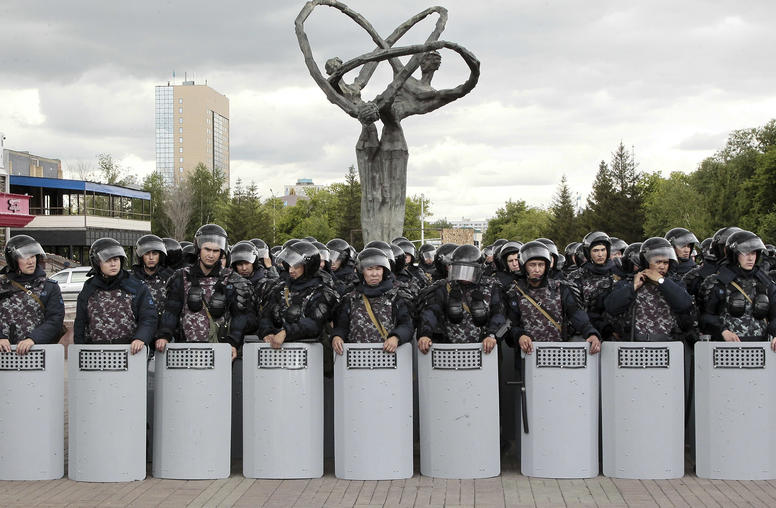
Understanding Organized Crime and Violence in Central Asia
The influence of organized crime on governance and the rule of law in Central Asia has long been recognized, but its role in violence is less broadly understood. Looking at conflicts in Kyrgyzstan, Kazakhstan, and Tajikistan, this report examines the ways that organized criminal actors exploit popular mobilization (such as protests) and weaken state controls in episodes of violence. Recommendations for governments, international agencies, and civil society groups draw from expert interviews and research to address the range of organized criminal motives and circumstances.

Scott Worden on the Afghan Peace Process and U.S. Withdrawal
Troop withdrawal is ahead of schedule, but that’s “proving to be bad news for the overall political situation … and a setback for peace talks,” says USIP’s Scott Worden. While it seems likely that fighting will ramp up, if another military stalemate occurs there could be “a ripe opportunity for talks.”
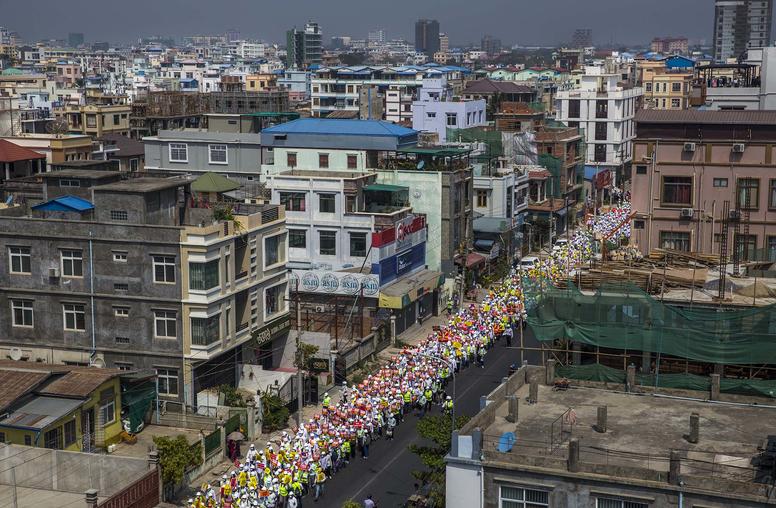
Chaos in Myanmar Is China’s Nightmare
The suspicion that China approved the military coup against Myanmar’s elected government runs deep among Burmese resisting their new dictatorship. Perhaps proof of such meddling will emerge someday. For now, what seems clear is that China would not have chosen to knowingly embroil its interests in Myanmar in the chaos that has followed the army’s power grab. On virtually every front, from public health to national security, China now faces new threats created by the post-coup breakdown in governance and the rule of law. As these consequences come into focus, Beijing will have to decide whether to maintain its tacit acceptance of the generals’ regime or take a different policy tack to protect investments in its neighbor to the south.